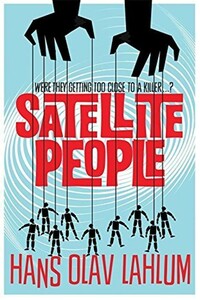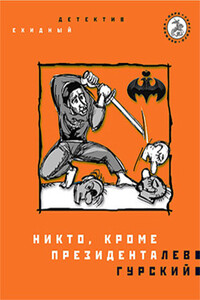The Catalyst Killing | страница 27
I looked over at her husband, who continued: ‘We had tried for seven years, and in three countries, to have a baby. In spring 1944, with only a few days between us, we both turned forty. We had definitely given up all hope of there ever being more than two of us in the family. I had lost one of my best friends in an air raid the night before. But I still cried with joy for the first time in my adult life when Astrid came running into my office to tell me. And I cried for the second time in my adult life on 12 November 1944, when I saw my son for the first time. In the midst of all the wounded and dying people, a small miracle was born to us in a half-bombed hospital in London. We feared for his life every day in London. And when the war was over, we took it in turns to watch over him on the journey home, in case the ship should sink. We were both awake for those last twenty-four hours. It was an enormous relief when we could finally go ashore in Oslo, with our little Falko intact.’
The Reinhardts seemed to be so in tune and shared their story equally. Mrs Reinhardt nodded as her husband told his part, then took over when he stopped.
‘We wanted so desperately to have a child that we would have gladly welcomed any child. A handicapped child, a blind child – we would still have carried it to the end of the world with us and protected it for the rest of our lives. But it was soon clear that not only had we got a healthy child, but also an unusually intelligent child. Our Falko read out loud for us for the first time when he was three, and could already speak and write Norwegian, Dutch and English before he started school. He got top marks in every subject and was of course the heart and soul of his group of friends. Throughout his childhood he was the sun that lit up our lives. We hope you can understand that, even though you may not understand our politics.’
I looked around the walls, and nodded to show my understanding. Even if one was to take the parental crowing with a pinch of salt, it was impossible not to be fascinated by the collection of photographs that covered three of the living-room walls. There was the three-year-old Falko reading a book, eight-year-old Falko scoring a goal, twelve-year-old Falko speaking from a lectern. Even at that age he stood out from his peers, thanks to his height, his strong face and dark mop of curly hair.
The second-last picture of him was dated 1 May 1968 and showed Falko, again at a lectern, in front of a large gathering of young people.


